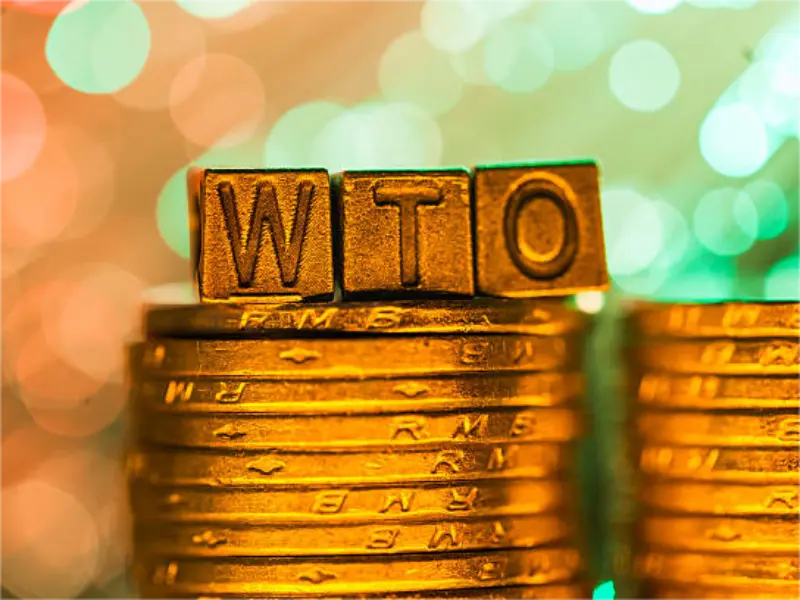- WTO approached breakthrough on draft e-commerce deal to ban digital trade tariffs, including major economies such as US, China.
- Controversial pact advanced despite concerns over privacy, big tech dominance and potential national security threats.
OUR TAKE
Members of the WTO, including some of the world’s largest economies such as the US, China, Japan, the UK and the European Union, have made progress in formulating a draft agreement on e-commerce that aims to ban tariffs on digital transactions. This initiative reflects a burgeoning shift towards the digital economy, with digital transactions growing twice as fast as physical trade. However, key players such as India and South Africa are conspicuously absent from the agreement, which points to ongoing concerns about the digital divide between developing and developed countries. In my view, while the pact signals progress, the exclusion of key developing economies could raise questions about its broad applicability and fairness in addressing global digital trade disparities.
—Heidi Luo, BTW reporter
What happened
Members of the World Trade Organization (WTO) have reached a preliminary agreement on a draft e-commerce pact that would permanently ban tariffs on digital transactions.
The draft, finalised after five years of intense negotiations, represents a major step towards regulating the fast-growing digital trade sector, which is growing at twice the rate of physical goods trade.
91 countries agreed to the terms of the draft during a week of negotiations in Geneva, including economic heavyweights such as the US, China, Japan, the UK and the European Union.
But notable absentees included India and South Africa, two countries that have in the past expressed reservations about global trade rules that they say favour developed nations over emerging economies.
Despite the broad agreement, a footnote in the document highlights that the proposal does not yet have the support of all parties, with 11 WTO members, including the US, Brazil and Turkey, abstaining at this stage.
Also read: TikTok targets Spain, Ireland to revive European e-commerce push
Also read: China’s e-commerce superpower: Wacky viral videos and care-free influencers
Why it’s important
The agreement builds on a temporary moratorium first agreed by all 164 WTO members and recently extended for another two years at a ministerial meeting in the United Arab Emirates in March.
This moratorium has so far prevented the imposition of tariffs on electronic transmissions, helping to fuel the growth of digital goods and services worldwide. The new draft aims to make these tariff bans permanent, providing a long-term framework for international digital trade.
The current tariff-free environment has greatly benefited major US tech companies such as Amazon and Netflix, as well as many traditional businesses involved in data collection and e-commerce across international markets.
However, this growth has not come without concern. Various countries have raised concerns about issues such as privacy, the dominance of large technology companies, cybersecurity vulnerabilities and national security risks.
In the US, the draft is seen as a step in the right direction, but still needs significant refinement. “The current draft “falls short” and requires further negotiation, particularly on security exceptions,” said Maria Pagan, the Biden administration’s representative to the WTO.
Meanwhile, economic estimates by the OECD put the value of digital trade, defined as transactions ordered or delivered digitally, at around $4 trillion, nearly half of all global services exports.
Jake Colvin, president of the National Foreign Trade Council in Washington, praised the WTO’s efforts but criticised the United States for its lack of leadership. “Other countries will step into a leadership vacuum when the United States steps back,” he said.

